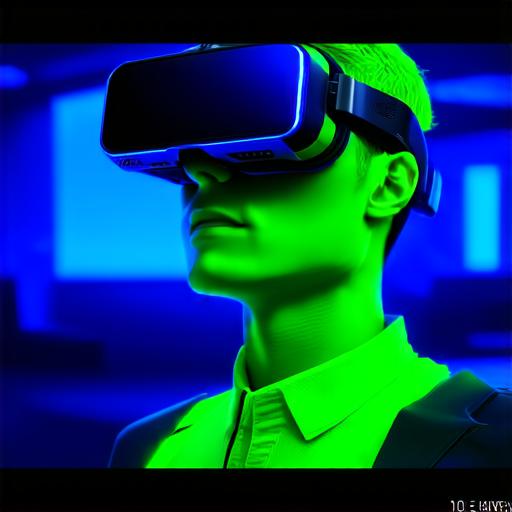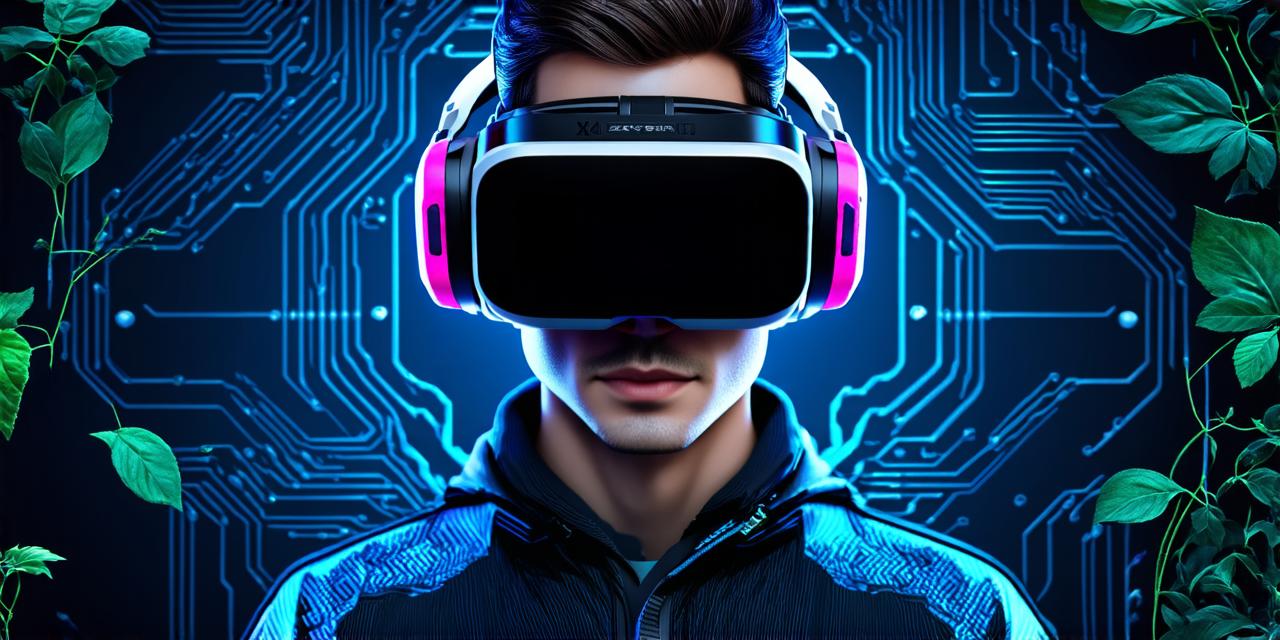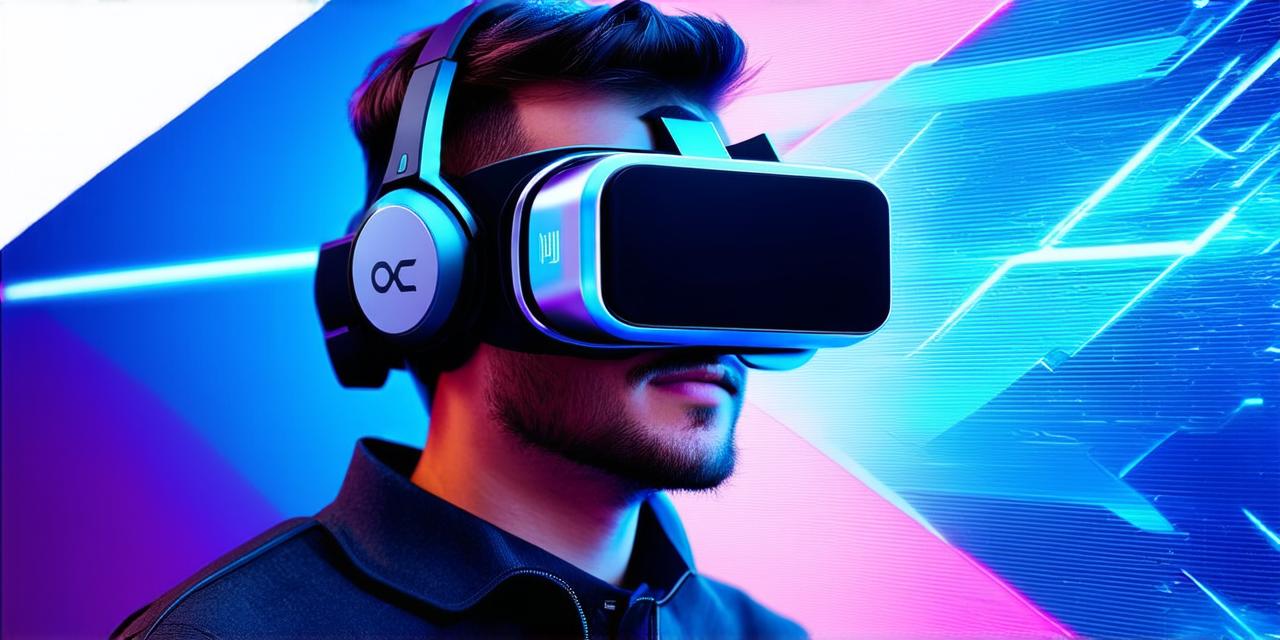Introduction: What Are Virtual Reality Games?
Virtual reality games are a type of computer-generated simulation that allows players to immerse themselves in a fully interactive, three-dimensional environment. This immersive experience is made possible by the use of specialized VR headsets, controllers, and sensors that track the player’s movements and translate them into actions within the game.
The History of Virtual Reality Games
The concept of virtual reality can be traced back to the 1960s when researchers at Stanford University first developed a head-mounted display (HMD) that could simulate a 3D environment. However, it wasn’t until the early 2000s that VR games started to become more popular and accessible to the general public.
How Do Virtual Reality Games Function?
Virtual reality games function through a combination of hardware and software that work together to create an immersive experience for the player. Here are some of the key components:
- VR Headset
- Controllers
- Sensors
- Game Software
- User Input Devices
Virtual Reality Games vs. Traditional Gaming
While traditional gaming is still popular, there are several key differences between VR games and traditional games.
- Immersive Experience: VR games offer a fully immersive experience that allows players to feel like they are actually inside the game world. This level of immersion is not possible with traditional gaming, which typically relies on two-dimensional graphics and limited interaction.
- Motion Tracking: VR games use motion tracking to accurately track the player’s movements and translate them into actions within the game. This allows for more realistic interactions and a more natural way of playing.
- Interactivity: VR games offer a high level of interactivity that is not possible with traditional games. Players can touch, grab, and manipulate objects in the virtual world, creating a more engaging and immersive experience.
- Accessibility: VR games are accessible to people of all ages and abilities, making them an exciting option for those who may not be able to play traditional games due to physical limitations or disabilities.
- Cost: VR games can be more expensive than traditional games, due to the cost of the hardware required to run them. However, as technology continues to advance, the cost of VR systems is likely to decrease in the future.
Latest Advancements in Virtual Reality Technology
There are several exciting advancements in VR technology that are changing the way we experience gaming. Here are some of the latest developments:

- Wireless VR Headsets: Many VR headsets now offer wireless connectivity, which eliminates the need for cables and allows players to move more freely within the game world.
- Eye Tracking: Some VR headsets now incorporate eye-tracking technology, which allows players to interact with objects in the virtual environment using their eyes.
- Haptic Feedback: Haptic feedback technology is used to provide physical sensations to players, such as vibrations or pressure, making the gaming experience more immersive and realistic.
- AR Integration: Some VR games now incorporate AR technology, which allows players to interact with virtual objects in the real world. This creates a unique hybrid gaming experience that combines virtual and real-world elements.
- AI and Machine Learning: AI and machine learning are increasingly being used in VR games to create more realistic and responsive game environments. These technologies allow for dynamic and adaptive gameplay, making each player’s experience unique.
Conclusion: Virtual Reality Games are the Future of Gaming
Virtual reality games represent the future of gaming, offering a fully immersive and interactive experience that is not possible with traditional gaming. As technology continues to advance, we can expect VR games to become more accessible, affordable, and sophisticated, changing the way we experience gaming forever. Whether you’re an AR developer or simply someone who loves to play games, virtual reality is definitely worth exploring.




